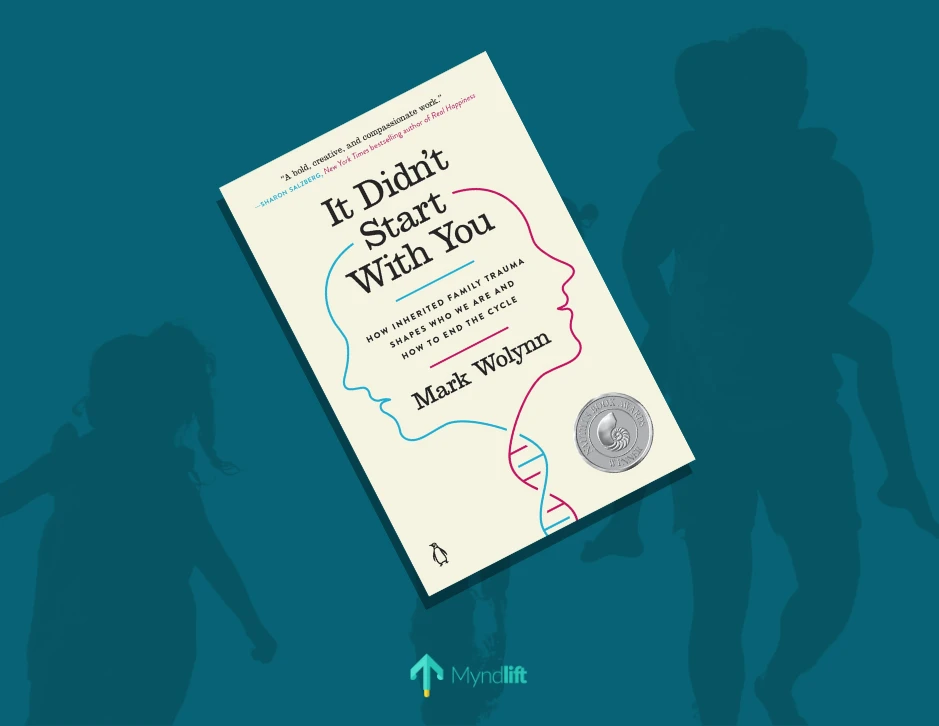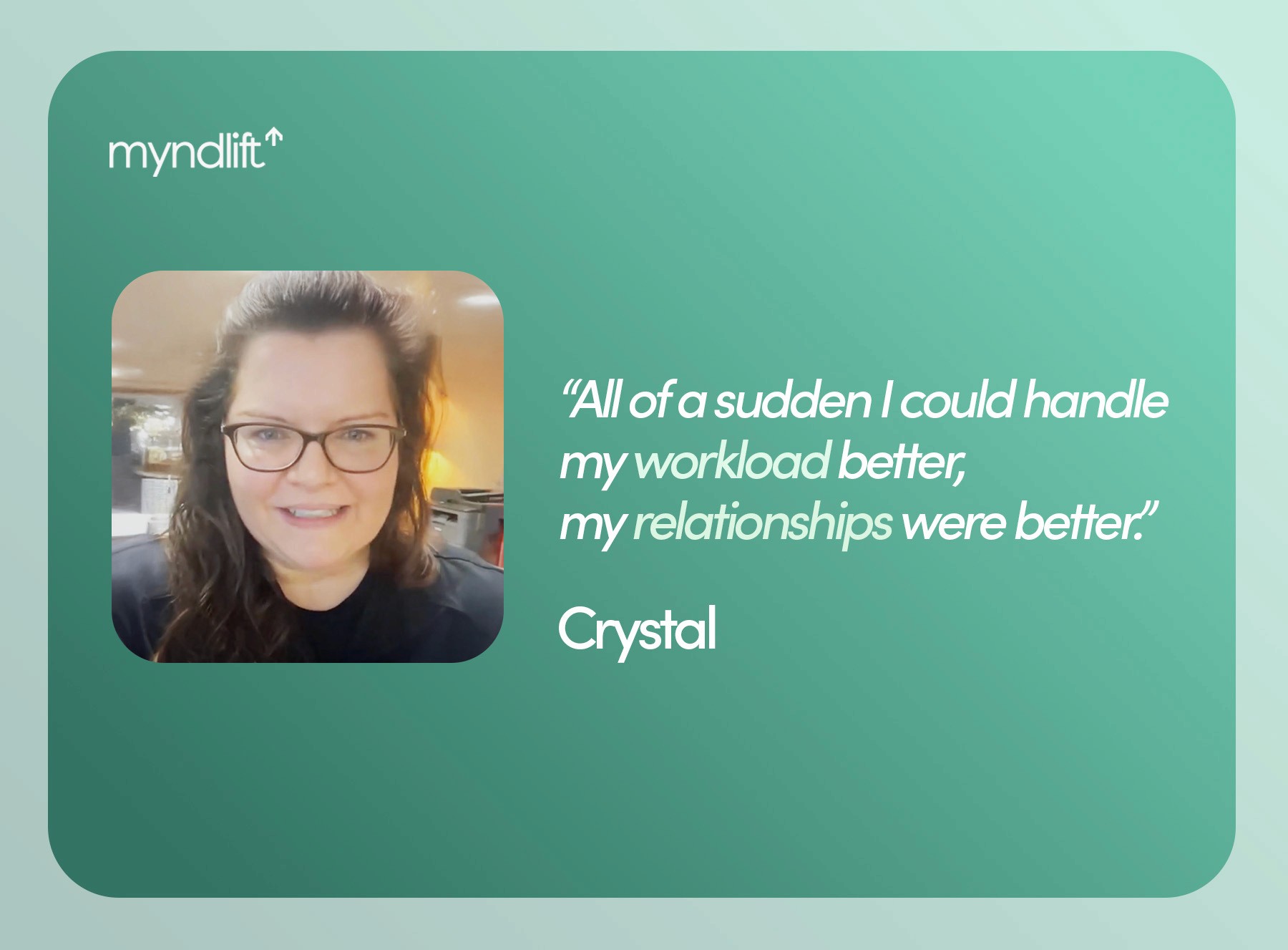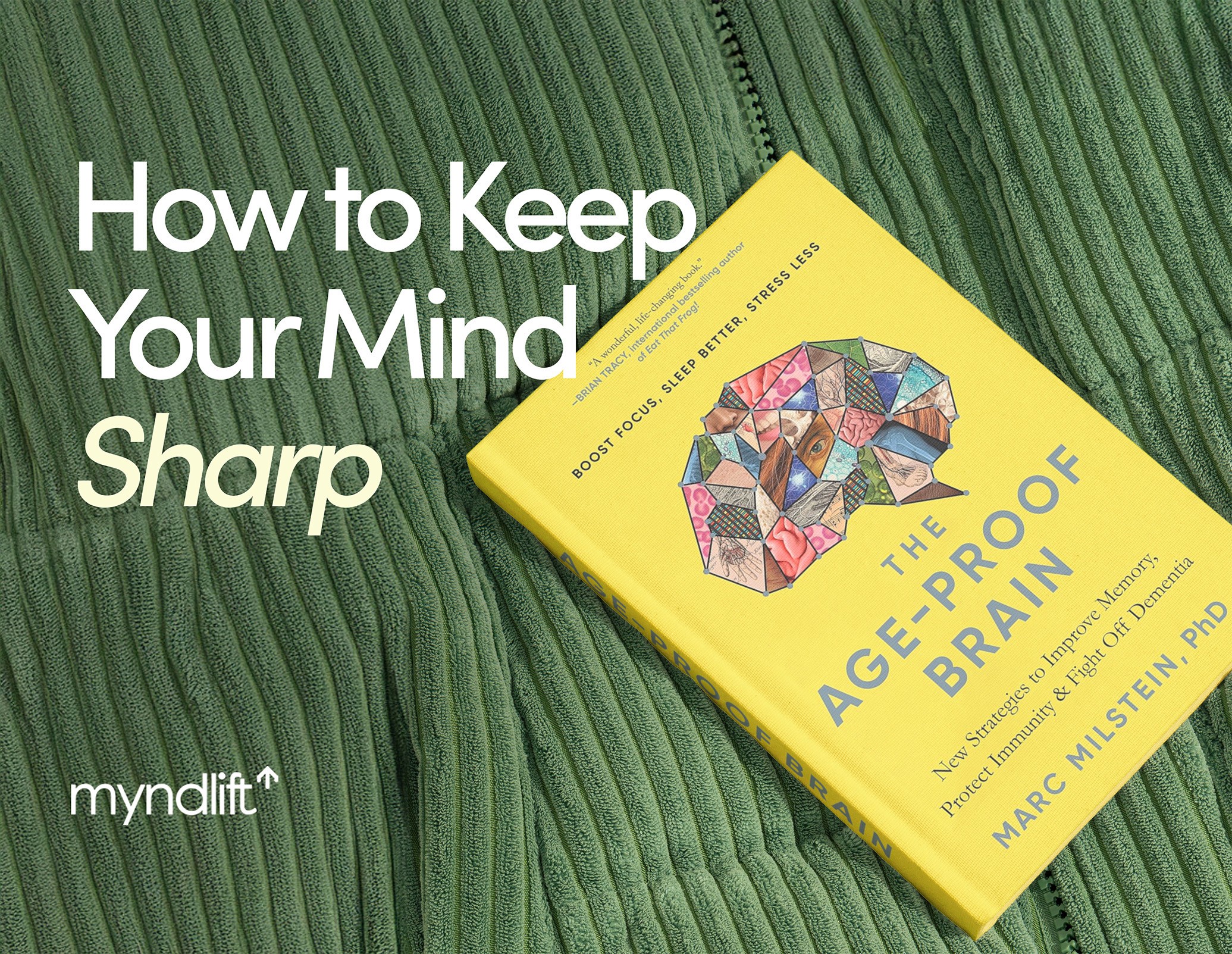“Regardless of the story we have about them, our parents cannot be expunged or ejected from us. They are in us and we are part of them – even if we’ve never met them.”
These are the words of Mark Wolynn, director of The Family Constellation Institute in San Francisco and author of the bestselling book It Didn’t Start With You: How Inherited Family Trauma Shapes Who We Are and How to End the Cycle.
After having spent over 25 years observing how language and trauma intersect in his coaching and training practice, Wolynn has created a theoretical framework called the Core Language Approach.
It Didn’t Start With You explains how the Core Language Approach works, uncovering the complexities of generational trauma and helping readers place their individual struggles into a larger story of inherited experiences, suppressed memories, and emotions that echo down our ancestral lines.
The key message?
It truly did not start with you. From your upbringing all the way to your genes, you are connected to your family in more ways than you realize.
Before we dive in, it’s important to mention that Wolynn’s book is primarily grounded in his practical experience working with clients on trauma therapy. The Core Language Approach is his own concept.
Therefore, we recommend that his approach be used mostly as a complementary tool to personalized treatment with a professional.
What follows is a summary of Wolynn’s concept:
Your Body Hides More Secrets Than You Know
Wolynn’s Core Language Approach
Your Body Hides More Secrets Than You Know
According to Wolynn, past family traumas – even those predating our birth – significantly shape our current behavior.
In his book, he highlights epigenetics research indicating that our ancestors have a part to play not only when it comes to physical traits like eye color but also our emotional, behavioral, and personality traits, such as emotional self-regulation and stress resilience.
For example, we are affected by our parents’ experiences but also by our grandparents’. Wolynn points out that “when your grandmother was five months pregnant with your mother, the precursor cell of the egg you developed from was already present in your mother’s ovaries.”
The same applies to the precursor cells of the sperm in our fathers. This means the environmental factors and experiences during our grandparents’ generation, especially during pregnancy, may influence the developmental cells that later contribute to the formation of their grandchildren.
Wolynn’s Core Language Approach
Wolynn’s approach to healing trauma centers around using language to create a coherent narrative out of traumatic events that have occurred in our family, sometimes before we were even born.
When something traumatic occurs, the event is often stored as a non-declarative (or implicit) memory in the brain. This means it becomes part of the unconscious mind, and the person who has experienced the trauma may struggle to consciously bring the memory into awareness.
In his practice, Wolynn encourages clients to use language as a tool that helps them “declare” the memories that have gone “undeclared” in their ancestral tree, which essentially means that traumatic events from the past are brought to the surface of our consciousness and addressed.
Creating a Core Language Map
To strengthen our understanding of our family history and “declare” unconscious memories, experiences, and emotions, we can create our own core language map.
Again, this is a theoretical concept that Wolynn has developed himself and that is based primarily on his practical experience.
The following suggestions shouldn’t be viewed as standalone solutions but rather as complementary tools on your own healing journey, and it’s advisable to work on trauma with the guidance of a qualified professional.
The core language map consists of four steps:
The Core Complaint
The Core Descriptors
The Core Sentence
The Core Trauma
Step 1: The Core Complaint
This is a deep issue or feeling that feels overwhelming, important, or that has been with you your whole life.
For example, you may be afraid of never finding your perfect partner, having something terrible happen to you, or being viewed as a disappointment – whatever resonates with you the most in the context of your life is your core complaint.
Exercise: Find Your Core Complaint
Write down a problem that’s most pressing in your life right now and that disrupts your sense of well-being, safety, and peace.
Ask yourself: What is the deepest issue you want to heal? And if the feeling, symptom, or condition never goes away, what would you be afraid could happen to you?
Write everything down. Don’t edit. Just write.Look at what you’ve written. Scan the text for words or phrases that stand out as unusual, peculiar, or very intense. What language jumps out? What language calls to you?
Look for words that have strong emotional resonance.
Examples:
“No one will remember me. I’ll leave no legacy.”
“I’m going to die and I can’t stop it. It’s out of my control.”
“I’ll go crazy and will become the ‘lunatic’ of the family.”
Step 2: The Core Descriptors
Your core descriptors are the beliefs you have about your parents and their influence on you.
Please note: While Wolynn recommends that we reconnect with our parents if possible as that could potentially help us on our healing journey, know that it isn’t always necessary or helpful to do so. It is not a requirement to be in contact with one’s family in order to heal. Make sure you always prioritize your well-being and do what feels comfortable for you.
Exercise: Establish Your Core Descriptors
Grab a piece of paper and describe first your mother, then your father. Use this template:
My mother/father was/is…
I blame my mother/father for…
The things you blame or judge your parents for may put you in touch with unconscious loyalties or grudges that you hold toward your parents, helping you discover how strong your trauma is and how much healing needs to take place.
Examples:
“My mother was cruel and vindictive and I hated her” (very strong emotional charge)
“My mother was distant and struggled to express her emotions” (less emotionally intense)
Step 3: The Core Sentence
This is an emotionally charged expression of your worst fear. It often begins with “I” or “They” and it points to the core of your trauma.
Exercise: Write Down Your Core Sentence
Ask yourself: “What is the worst thing that could happen to me? What’s my worst fear?”
Write it down. Don’t censor yourself. Be honest.
Examples:
“I’ll let everyone down.”
“They’ll lock me up.”
“They’ll abandon me.”
“I’m all alone.”
Step 4: The Core Trauma
Now that you’ve constructed your core language map, it’s time to ask a bridging question: a question that helps us uncover our core family trauma.
According to Wolynn, there are generally four unconscious themes, one or more of which may be at the core of your trauma:
You rejected your parent (e.g., you cut yourself off from your parent on an emotional level due to something they have done)
You merged with your parent (e.g., you took on the burden of their feelings)
You experienced early separation from your primary caregiver (e.g., your mother had to be separated from you shortly after birth, for instance due to medical reasons)
You subconsciously identified with a family member from your ancestral tree (e.g., you are reliving the fears or emotions of someone in your extended family)
Exercise: Discover Your Core Trauma
Ask bridging questions that will help you gain a better sense of what happened in your and your family’s history. Answer these questions to the best of your ability.
Example:
“I’ll end up all alone”
Possible Bridging Questions:
Has anyone in my extended family ever been disowned, cut off, or separated from others?
Has anyone in my extended family ended up living completely alone?
Does my fear of being alone have something to do with rejecting one of my parents or merging with one of my parents during childhood?
Did I ever experience early separation from my primary caregiver, making me feel alone?
Conclusion
It Didn’t Start With You offers potentially helpful tools when it comes to unveiling generational trauma, putting our unconscious feelings into words, and understanding our family history.
As Wolynn writes:
“The answer is to find some way to bring our parents into our hearts, and to bring the qualities we reject in them (and in us) into awareness. There, we have the chance to transform something difficult into something that can bring us strength. By developing a relationship with the painful parts of ourselves, we have an opportunity to shift them.”
If you’re looking to learn more about creating your core language map, reconnecting with your ancestors, and healing your inherited family trauma, give It Didn’t Start With You a try.
However, do keep in mind that the Core Language Approach is a theoretical concept developed by Wolynn himself and that while it can be a valuable complementary tool, it is always best to consult a mental health professional for personalized guidance in trauma therapy.
Myndlift provides a personalized expert-guided brain training program that can help you elevate your wellbeing by improving your sleep quality, focus, calm, and self-control over mood. Take this 10-second quiz to check if you’re eligible to kick-start your journey for better brain health.
About the author:
Denisa Cerna
Denisa Cerna is a non-fiction and fiction writer who's passionate about psychology, mental health, and personal development. She's always on a quest to develop a better insight into the workings of the human mind, be it via reading psychology books or combing through research papers.
About the checker:
Kaija Sander, Ph.D.
Kaija Sander is a cognitive neuroscientist and scientific consultant for Myndlift. She holds a BSc in Biomedical Science with a specialization in Neuroscience and Mental Health from Imperial College London and a PhD in Neuroscience from McGill University. Her doctoral research focused on brain connectivity relating to second language learning success. She is passionate about the broader applications of science to have a positive impact on people’s lives.
References
Damis, L.F. The Role of Implicit Memory in the Development and Recovery from Trauma-Related Disorders. NeuroSci 2022, 3, 63-88.
Wolynn, Mark. It Didn’t Start With You: How Inherited Family Trauma Shapes Who We Are and How to End the Cycle. Penguin Publishing Group. 2017.
Yehuda R, Lehrner A. Intergenerational transmission of trauma effects: putative role of epigenetic mechanisms. World Psychiatry. 2018 Oct;17(3):243-257.





